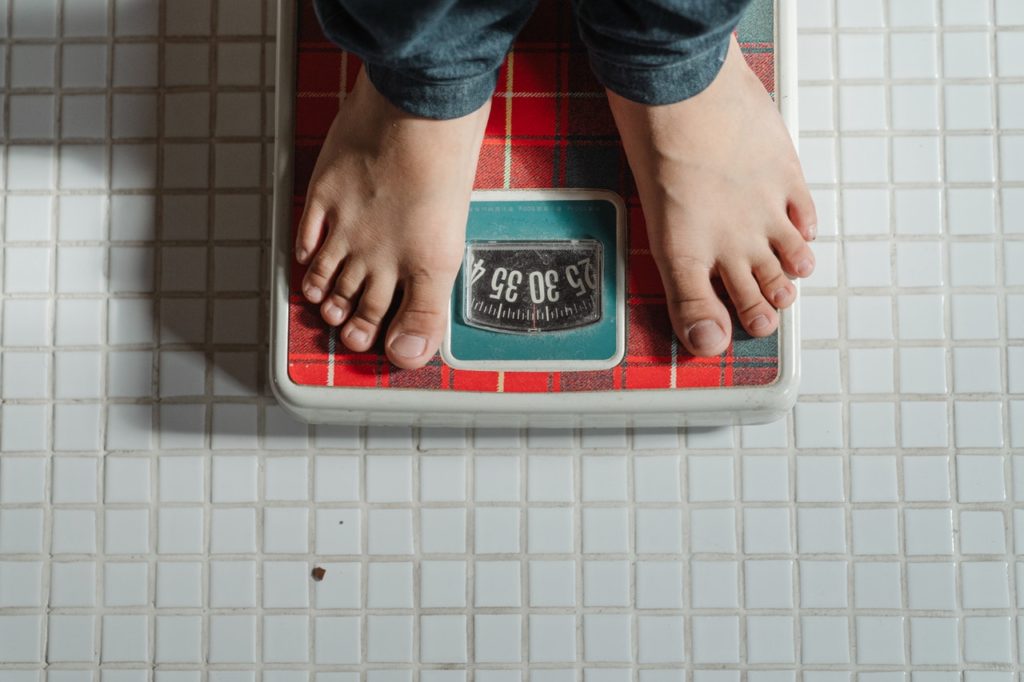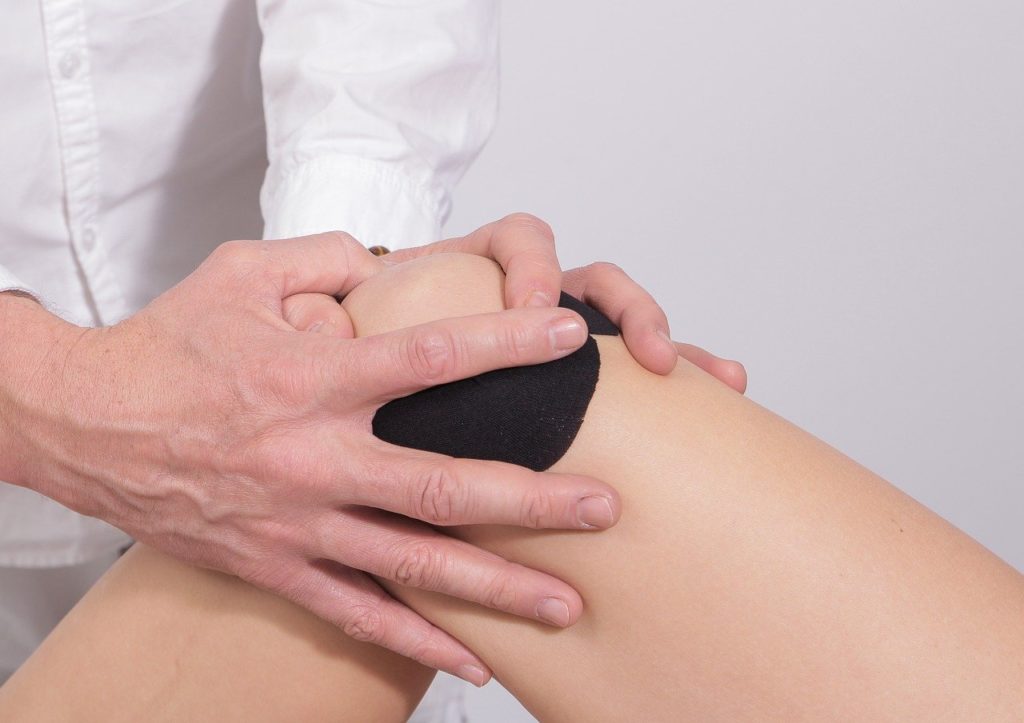Exercise is any movement that requires your muscles to work. This action causes your body to start burning calories, which can help to improve your metabolism.
There are several different types of physical activities that can help you to reach the 150 minutes of moderate exercise that are currently recommended for everyone. If you enjoy walking, running, swimming, dancing, or playing athletic sports, then you are adding the benefits of regular movement to your daily routine.
When you have a regular exercise routine, it might help you to live longer. It may also bring some of these benefits into your life.
1. You Will Feel Happier

Exercise has the power to improve your mood and decreasing feelings of anxiety or stress. It creates changes in the parts of the brain that regulate difficult emotions, encouraging better sensitivity to norepinephrine and serotonin so that you feel better. Movement of any intensity can provide significant relief to negative moods or chronic anger.
2. You Can Lose Weight

A regular exercise routine can also help you to manage your weight effectively. If you are carrying a few more pounds than your BMI suggests that you should, then this activity will help you to reach better needs. Instead of reducing the calories you eat, which lowers your metabolic rate, embracing the idea of moving regularly will help you to increase your metabolism.
Aerobic exercise that combines with resistance training helps to maximize fat loss, maintain muscle mass, and discourage fat development.
3. It Supports Skeletal Health

Regular exercise also plays a critical role in the building of healthy bones and muscles. When you perform physical activities like weightlifting, then you can increase muscle mass when there is enough protein intake to support that physical action. The hormones you release while exercising promote the ability of muscle tissues to absorb amino acids, encouraging growth while reducing how fast they break down.
You’ll improve bone density levels with regular exercise as well, which can help you to avoid problems with osteoporosis as you get older. High-impact activities maximize the potential of this benefit.
4. Improved Energy Levels

Daily exercise causes you to expend energy, but it can also reduce the feelings of fatigue that some people feel. It may take about 4-6 weeks to start seeing changes if you have led a sedentary lifestyle for some time, but your persistence to add movement will help you to feel better throughout the day. This benefit can also help people who suffer from progressive illnesses, issues like chronic fatigue syndrome, or other various health problems that inspire feelings of tiredness.
5. It Reduces Chronic Disease Risks

People who lack regular physical activity daily have a high risk of suffering from a chronic disease. When you have a daily exercise routine you follow, then there are improvements to insulin sensitivity that occur. As your cardiovascular fitness improves, you’ll see a decrease in blood fat levels and lower blood pressure numbers. It will help you to manage the amount of belly fat you have too, which increases the risk of heart disease and type 2 diabetes, along with early death.
6. Better Skin Health

Your skin is adversely affected by the levels of oxidative stress that exist in your body. This issue occurs when your antioxidant defenses are unable to repair the damage that cells receive from free radicals. As their internal structures begin to break down, your skin health begins to deteriorate.
A routine of regular exercise increases the number of natural antioxidants found on your body, which makes it easier for your systems to protect their cells. Those moderate movements will stimulate blood flow and create skin cell adaptations that might help to delay the appearance of aging.
7. It Helps Your Memory

Regular exercise helps to improve your brain function. It can protect your memory while encouraging your thinking skills to get a good workout session each day. As you get older, inflammation combines with the oxidative stress in the body to promote changes to brain function and structure. It helps the hippocampus grow, which helps to improve mental capacity too.
This benefit is so substantial that it can even reduce that changes to the brain that occur when someone is managing schizophrenia or develops Alzheimer’s disease.
8. Exercise Improves Sleep Quality

If you have a routine of exercise that you follow, then that movement can help you to relax better. This outcome leads to a better quality of sleep. Not only are you depleting energy levels, but you are also encouraging an improvement in your body temperature levels that can help the quality of the rest you receive.
If you can follow a routine of regular, moderate exercise over four months, then this benefit can help with chronic insomnia and improved energy levels during the day. It can also reduce the impact of sleep disorders in the elderly.
9. It Reduces Pain

Although it seems like the opposite would happen with regular exercise, your efforts at creating moderate movements for your body can reduce chronic pain. It works with various conditions, ranging from fibromyalgia to lower back pain. If you can go running or do some low-impact exercises every day, then it can raise your pain tolerance levels while reducing your perception of discomfort.
The recommendation to get 150 minutes of moderate activity per week might not be realistic for you right now, especially if your health is below average. Get as much as you can each day, and then slowly build up your tolerance for more over time. When you can turn this effort into a regular routine, then all of these benefits become possible.




